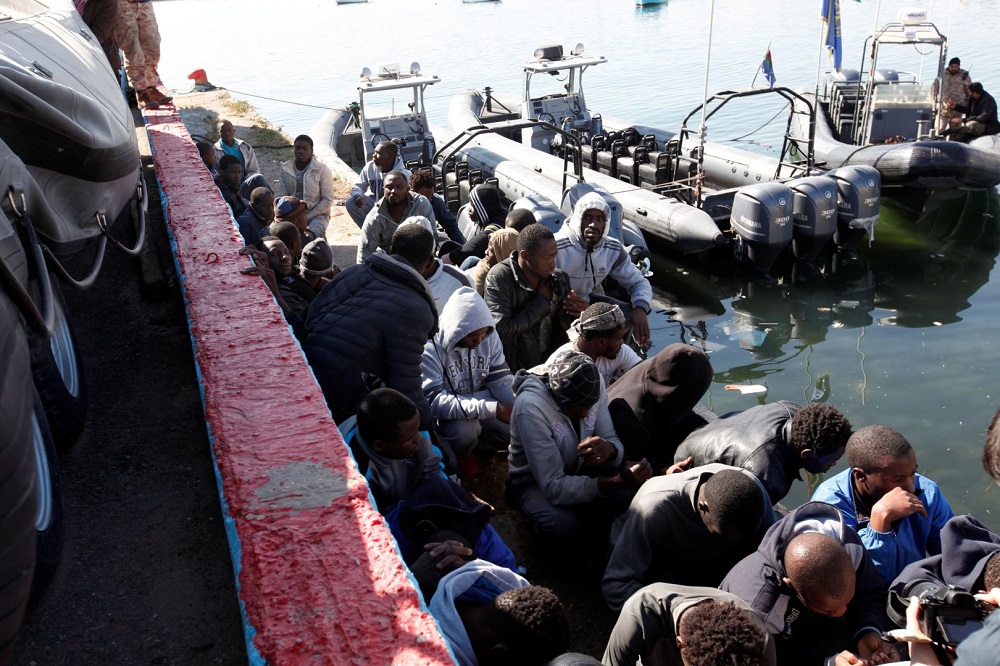Cairo – Italian Premier Paolo Gentiloni stressed on Tuesday that a potential Italian mission dispatched to Libya to back its coast guard would be aimed at controlling the border against human trafficking.
On its Twitter account, the Italian embassy in Libya quoted Gentiloni as saying that an army cannot be sent to Libya. A mission to support Libyan authorities, primarily coast guards, can be sent instead to monitor the border.
Gentiloni made his remarks ahead of a parliament vote that was set to address the possible mission.
Libyan Prime Minister of the UN-backed unity government in Tripoli Fayez Sarraj made the request for Italian naval help while in Rome on Wednesday. The visit came after Sarraj met his rival, Field Marshal Khalifa Haftar, in France last week. They both agreed on a ceasefire and possible national elections in Libya.
Italian Foreign Minister Angelino Alfano briefed the Lower House and Senate defense and foreign affairs committees that the potential mission to Libya would fall into Italy’s comprehensive approach to try to bring peace to the North African country.
“Libyan unity and stability coincide with Italy’s national interest, and the request of support was born in a climate of absolute and mutual trust,” he told lawmakers.
Alfano also pointed out Italy wants to avoid fragmentation in the diplomatic efforts of the international community to bring peace to Libya.
The minister stressed that Italy aims at tracing all of the recent unilateral initiatives on Libya back to a common factor, and focus all efforts on supporting the action of the new UN special envoy to Libya, Ghassan Salameh.
He hoped the peace agreement driven by French President Emmanuel Macron would succeed, adding that it should be UN supported.
Speaking before the same committees, Italian Defense Minister Roberta Pinotti said that the government’s proposed naval mission to support the Libyan coast guard’s efforts against human traffickers does not harm Tripoli’s sovereignty in any way, adding: “Our aim is to reinforce it”.
Pinotti stressed that the government’s proposed naval mission to support Libya stemmed from a July 23 letter from Sarraj requesting “naval and technical support”. She said Rome would provide this via “technical, logistical and operative support to Libyan naval units accompanying them with joint, coordinated activities.”
